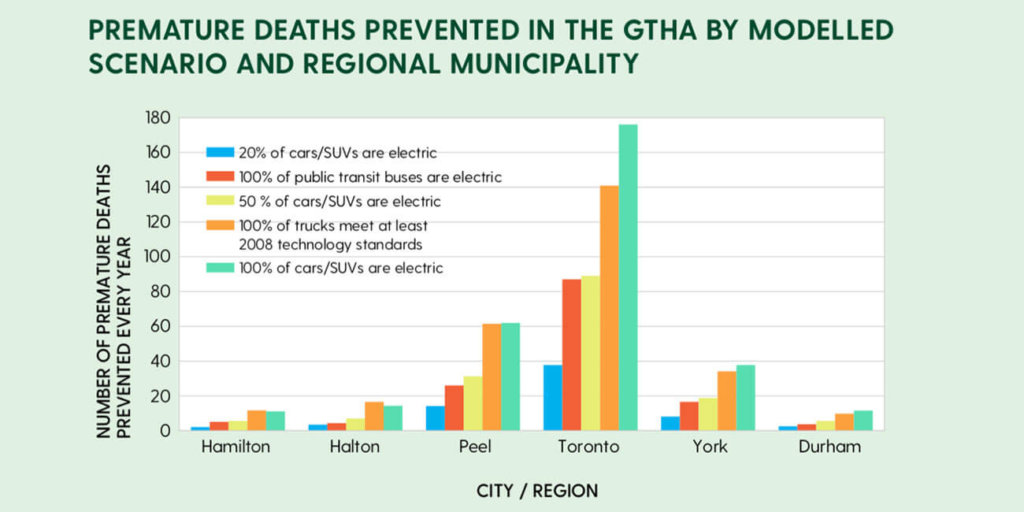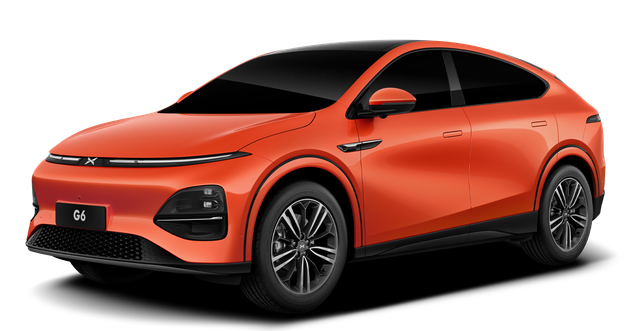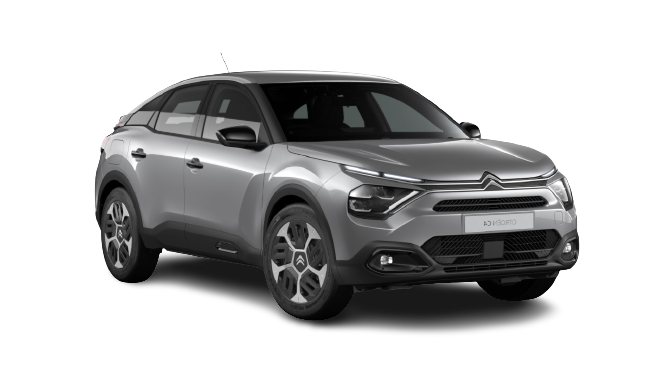Buying an electric vehicle is a responsible act
EV drivers cite many reasons for giving up their gasoline-powered cars and buying an EV: lower running costs, high resale value, quick and quiet acceleration, and helping to reduce CO2 emissions. But what could be more convincing than saving human lives?
The study used epidemiological data on pollutant exposure to forecast emission reductions for various air pollutants.
Considerable social benefits
Pollution is responsible for 2,575 avoidable deaths in Paris every year. In fact, nitrogen dioxide is the toxic gas that kills the most people in Paris, and is emitted by automobile traffic, particularly diesel vehicles.
Read more - Electric vehicle: 63% fewer CO2 emissions than a petrol vehicle
Hatzopoulou explained:
I was surprised by the seriousness of this impact. If we take things down to the individual level, each electric vehicle replacing a gasoline-powered vehicle brings in almost $10,000 in social benefits. These benefits are shared by everyone, not just the people who buy the cars.
Marianne Hatzopoulou
Transport-related air pollution is linked to lung cancer, respiratory disorders such as asthma, allergies and chronic obstructive pulmonary disease, and cardiovascular disorders such as angina pectoris, heart attacks, hypertension and stroke.
The notion of the statistical value of a human life
The study took into account the increase in power plant emissions resulting from EV charging, as well as the air pollution drifting into Toronto from upstate New York and the American Midwest.
The researchers then created computer simulations for three scenarios, replacing 20%, 50% or 100% of all GTHA cars and SUVs with EVs. They also modeled the effect of replacing commuter buses with electric buses. Economic or social benefits were converted to dollars using a method called statistical lifetime value.
Good to know: The statistical value of a human life is calculated by the amount of money a society is willing to pay to reduce the risk exposure of each of its members. In this way, we value the monetary effort made to reduce the probability of death.
Results largely in favor of electric vehicles

Here are the main findings of the study:
- Replacing all cars and SUVs in the region with electric vehicles means 313 fewer deaths per year, for an estimated social benefit of $2.4 billion.
- Replacing all transport trucks with less polluting models would result in 275 fewer deaths, for an estimated social benefit of $2.1 billion.
- Replacing public transport (electric buses, for example) would result in 143 fewer deaths, for an estimated social benefit of $1.1 billion.
The researcher focused on electric vehicles, separating their health benefits from other valid solutions such as work-at-home options, improved public transport, increased walking and cycling, and better urban planning management. In conclusion, the report recommends policies that administrations at all levels can use to achieve these health and climate benefits.
The challenge of improving air quality was amplified during the COVID-19 pandemic. New data suggest that air pollution may be one of the main factors behind the most severe forms of COVID-19, which disproportionately affects people with pre-existing conditions such as heart and respiratory disease.
































